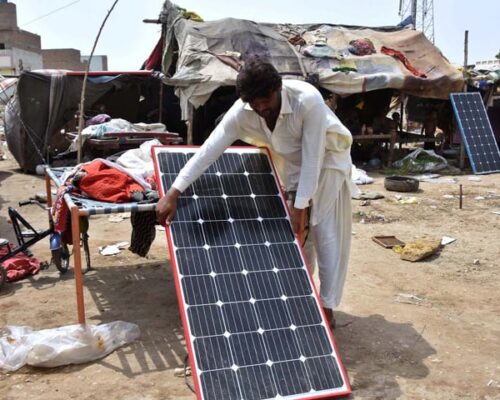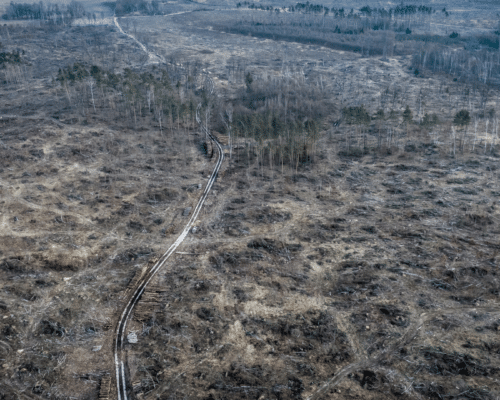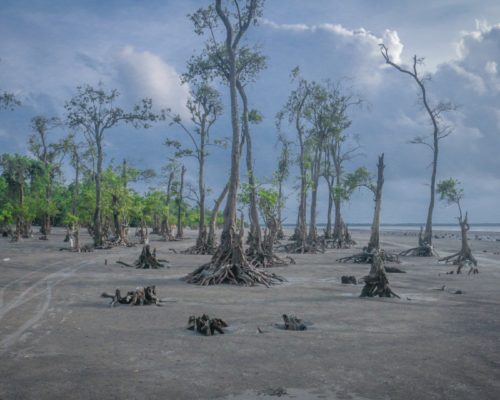Cost of Indonesia’s Downstream Coal Projects Underestimated: IEEFA
29 March 2022 – by Ghee Peh
In Indonesia, the coal gasification technology is viewed as a saviour that will stoke demand for low-rank coal reserves, boost foreign investment, and displace government subsidies for liquefied petroleum gas (LPG) imports.
However, the Institute for Energy Economics and Financial Analysis (IEEFA) stated that for dimethyl ether (DME) to make economic sense, it would still require heavy government subsidies.
The DME plant in Tanjung Enim, Sumatra, was classified as a national strategic plant in November 2020. The principle behind this project is to utilize the country’s coal reserves to produce DME as a replacement for LPG imports.
The Sumatra project progressed, as Indonesia’s state-owned coal mining company Tambang Batubara Bukit Asam (PTBA) held a high-profile ceremony for its DME plant on January 24 that was witnessed by President Joko Widodo (Jokowi).
The event surprised outside observers owing to the Indonesian government’s commitment to reducing emissions.
On January 25, the Ministry of Energy and Mineral Resources, Ministry of State-Owned Enterprise, and Ministry of Investment announced an agreed price of DME at US$378/ton fixed for 20 years.
On January 26, the IEEFA published a report highlighting that with conservative cost assumptions and 15-percent return each for the coal supplier and the DME plant operator, the more realistic DME price would be US$601/ton.
The findings concluded that the DME project in its current form would not be profitable and that Indonesia’s downstream coal plans add up to a black hole.
The difference between the two prices is pretty significant at US$223/ton.
Our analysis shows this is potentially due to the three assumptions used to arrive at the two DME prices.
First, the difference in the coal input prices.To be able to produce DME at the price of US$378/ton, the IEEFA estimates that PTBA’s coal input cost needs to be as low as US$20/ton. About 4.6 tons of coal is required to produce one ton of DME. This translates to a total coal cost of around US$92/ton of DME. IEEFA uses a coal price of US$48/ton, which assumes a 15-percent return on the average PTBA production cost of US$42/ton.
The second is the difference in the DME processing prices.For the ministries’ price, the IEEFA estimates that the assumed production cost from Air Product needs to be around US$230/ton. As a comparison, the IEEFA uses US$300/ton for the DME processing price, which is based on the actual cost range from comparable Chinese coal to a DME plant currently operating in Shanxi Province.
Furthermore, the third is the difference in operator returns.Both price scenarios include a built-in 15-percent return for the DME plant operator. For the lower ministry price, this would be around US$50/ton. Meanwhile, for the IEEFA price of US$601/ton, the dollar return to the DME plant operator is US$78/ton.
For the annual output of 1.4 million tons of DME in the Tanjung Enim DME plant, the total difference between the ministries’ price and IEEFA estimates comes up to US$312 million per year. This huge difference could be possible, in IEEFA’s view, only if both parties in the supply chain are prepared to sacrifice profits. Without that, the US$378/ton is unlikely to be achievable.
However, the real issue is whether the government should be in the business of guaranteeing profits for the operator of this strategic project, especially if there are cost overruns on the project. The lower price set by ministries does not provide any allowance for production and coal price overruns.
IEEFA’s estimates consider a more conservative approach, using the coal and DME operator business as usual 15-percent margins as the buffer. Even if the $378/ton can be achieved with the help of tax incentives and zero-percent royalty, it still leaves an open question for the Indonesian government as to whether the price would be raised to accommodate profits for operators and compensate them for cost overruns?
As the DME project moves towards the construction and build-out phase, these numbers are no longer an academic exercise.
With higher input coal prices and DME production costs, the IEEFA DME price provides scope for cost overruns and profit returns for the coal supplier and the DME plant operator.
The key issue remains a fair return, if any, for the DME project after receiving so many incentives from the government.
Should the government and Indonesian consumers be providing a guaranteed return on the project? With a guarantee, the operators will not be taking on the full market risks of the project.
—
About IEEFA
The IEEFA is an independent think tank that examines issues related to energy markets, trends and policies.
Disclaimer: The views and opinions expressed in this article are those of the author and do not necessarily reflect the official policy or position of Energy Tracker Asia.



